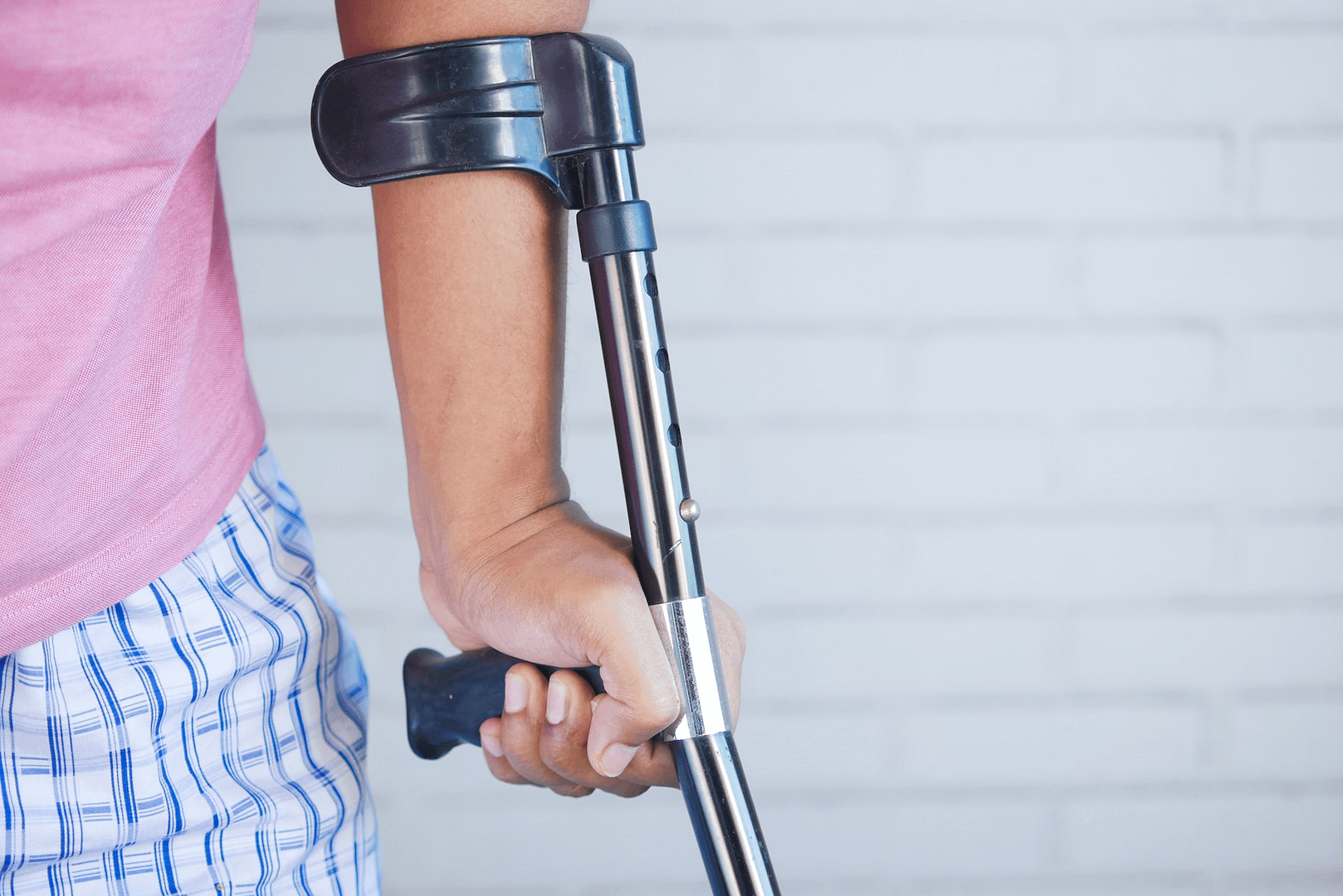In life’s unpredictable journey, we often encounter unforeseen challenges, and personal injuries are one such hurdle that can leave lasting imprints on our well-being. Understanding the long-term consequences of personal injuries is crucial not only for those who have experienced them but for society at large. Let’s embark on a journey exploring the multifaceted aspects of these consequences, shedding light on the physical, emotional, and societal impacts that extend far beyond the initial incident.
Unravelling the Threads of Long-Term Consequences
Personal injuries, ranging from slips and falls to more severe accidents, can lead to a myriad of long-term consequences. At the forefront lies the physical toll on the individual. Injuries may result in chronic pain, limited mobility, or even permanent disabilities. These physical ramifications can alter the course of one’s life, affecting daily routines and capabilities.
Navigating through the aftermath of a personal injury isn’t merely a physical challenge; the emotional toll can be equally profound. The emotional effects of an injury often extend far beyond the initial shock and recovery period. It’s a psychological journey that demands resilience and understanding, both from the individual and their support network.
The Emotional Rollercoaster: Long-Term Emotional Effects
Psychological Scars
The emotional fallout of a personal injury can manifest as enduring psychological scars. The memory of the traumatic incident can linger, triggering anxiety, nightmares, or even post-traumatic stress disorder (PTSD). The mental toll of reliving the event can impede one’s ability to move forward, hindering the healing process.
Impact on Mental Health
Long after the physical wounds have healed, individuals may grapple with issues such as depression and mood disorders. The altered life circumstances, coupled with the challenges of adjusting to a ‘new normal,’ contribute to the strain on mental health. Recognizing and addressing these issues is vital for sustained well-being.
Strained Relationships
Personal injuries don’t just affect the individual; they reverberate through relationships. Loved ones may struggle to understand the emotional turmoil experienced by the injured party. Communication breakdowns, resentment, or a sense of helplessness can strain relationships, adding an additional layer to the long-term consequences.
A Broader Perspective: Societal Implications
The impact of personal injuries extends beyond the individual and their immediate circle. It has ripple effects that touch various facets of society.
Economic Fallout
Injuries can lead to a significant economic burden, both on the individual and society. The cost of medical care, rehabilitation, and potential loss of income can be staggering. This economic strain is often underestimated when considering the long-term consequences of personal injuries.
Workplace Dynamics
For those who suffer injuries in the workplace, the dynamics within the professional sphere can shift. Colleagues may need to take on additional responsibilities, leading to increased stress and potential burnout. Workplace morale and productivity may suffer, impacting the overall work environment.
Legal Ramifications
Personal injuries can also have legal ramifications that linger for an extended period. Legal battles for compensation, insurance claims, and potential disputes add layers of complexity to the aftermath. Navigating these legal intricacies can be emotionally and mentally draining, compounding the long-term consequences.
Navigating Towards Healing
Understanding the long-term consequences of personal injuries is the first step towards effective healing and mitigation. It requires a holistic approach that addresses not only the physical rehabilitation but also the emotional and societal aspects of recovery.
Comprehensive Rehabilitation
A personalised and comprehensive rehabilitation plan is essential for physical recovery. This may include physical therapy, adaptive technologies, and ongoing medical support. Addressing the physical aspects early on can pave the way for a smoother emotional recovery.
Emotional Support Systems
Building a robust emotional support system is crucial for navigating the long-term emotional effects of personal injuries. This involves open communication with loved ones, seeking professional counselling when necessary, and fostering a supportive community. Recognizing the emotional toll and taking proactive steps is paramount.
Advocacy for Change
On a societal level, advocating for change in policies and workplace safety standards can contribute to preventing future injuries. This involves raising awareness about the long-term consequences and pushing for initiatives that prioritise the well-being of individuals.

Making a Personal Injury Claim with National Claims
At National Claims, we understand the complexities and challenges that follow a personal injury. Our mission is to provide support and guidance to individuals navigating the aftermath. Making a personal injury claim with National Claims means accessing a dedicated team of experts committed to securing the compensation you deserve. We prioritise your well-being and work tirelessly to alleviate the burdens associated with the long-term consequences of personal injuries.
Conclusion
The long-term consequences of personal injuries weave a complex tapestry that extends beyond the physical realm. They leave lasting imprints on the emotional well-being of individuals and ripple through society, impacting various facets of life. Recognizing these consequences is the first step towards fostering a more empathetic and supportive environment. By addressing the physical, emotional, and societal aspects, we can pave the way for comprehensive healing and a brighter, more resilient future.
Get started on your claim today by getting in contact with us and speak to one of our claims specialists.
Click below to see why we are one of the most trusted claims management companies in the UK.

We’re proud of our excellent customer reviews
We thrive on delivering exceptional service and ensuring our clients’ satisfaction. Don’t just take our word for it. Check out some of our independent reviews to see what our clients have to say.
Excellent

This firm is excellent, they sorted out my car pay out and injury claim very fast, they always communicate with you all the time.

My accident case was dealt with confidence and with great result of the outcome, especially James kept me informed all the time.

I was very impressed at the way my inquiry was treated. I was listened to attentively and everything I needed to know was explained to me.






